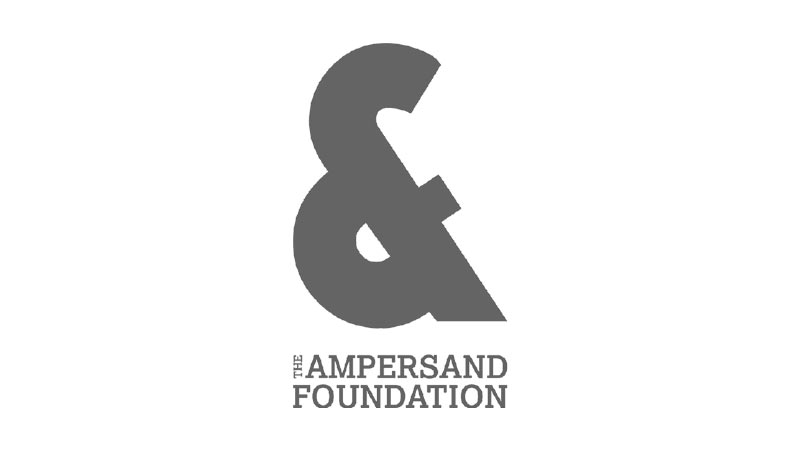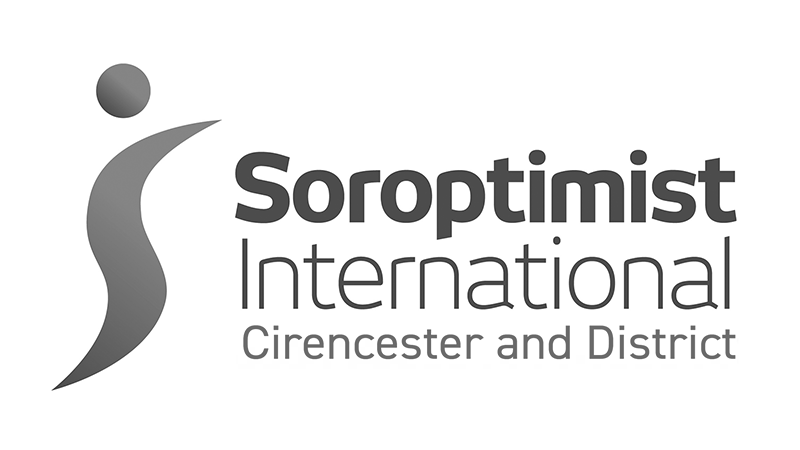Notes
This programme transitions from cooking food to cooking film emulsion from seemingly surreal food to dreamlike narrations.
While not intending to endorse Lurpak products, the first clip is nevertheless an exciting opener for the adventure of cooking that follows. Abigail Mendoza, a Zapotec chef from Teotitlán del Valle, a small town in Southern Mexico close to Oaxaca, prepares food in ways that keep the traditional ways of her ancestors alive. Soup is another option for your meal or Western food, Beefsteak for example, albeit in tiny portions. Our fictitious restaurant is also well known for a variety of deserts to be chosen from the menu. Of course we also serve vegan food… Josephine Ahnelt shows the effects her experimental vegan practice has had on her work as an Austrian filmmaker. Maya Deren’s Meshes of the afternoon is a seminal experimental film written, directed and performed with her husband Alexander Hammid in 1943. Maya Deren(1917 –1961) was a Ukrainian born US-American choreographer, dancer, film theorist, poet, lecturer, writer, photographer and influential advocate of avant-garde art, Alexander Hammid (1907 -2004 an Austrian-born Czech-American photographer, film director, cinematographer and editor. The dreamlike quality of this work is prolonged through the final film, Afronauts, by Nuotama Bodomo, a Ghanaian filmmaker based in New York. It is based on reality – Edward Makuka Nkoloso, member of the Zambian resistance movement and the founder of the Zambia National Academy of Science, Space Research and Philosophy attempted to launch a rocket to the moon …
[Editor’s Note: Click here for Ruth Grimberg’s essay about Maya Deren and Meshes of the Afternoon]
Lurpak Cook’s Range
Adventure Awaits 1:00
Source: Vimeo
Abigail Mendoza
This Chef Keeps the Flavors of Ancient Mexico Alive, 2:51
Source: YouTube
Quarantine Cooking
SNL, 1:41
Source: YouTube
DIY MINIATURE REAL FOOD BEEF STEAK 4:30
Source: YouTube
Amazing Cake Cutting Videos
Hyperrealistic Illusion Cakes, 2:52
Source: YouTube
Josephine Ahnelt
Vegan Analogue Film – Announcement, 4:34
Source: YouTube
Josephine Ahnelt
Vegan Analogue Film – 16mm Results 2:50
Source: YouTube
Maya Deren
Meshes of the Afternoon by Maya Deren, 13:38
Source: YouTube
Nuotama Bodomo
Afronauts, 14:05
Source: YouTube
* being open source or obtained from a permitted uploader to either YouTube or Vimeo











